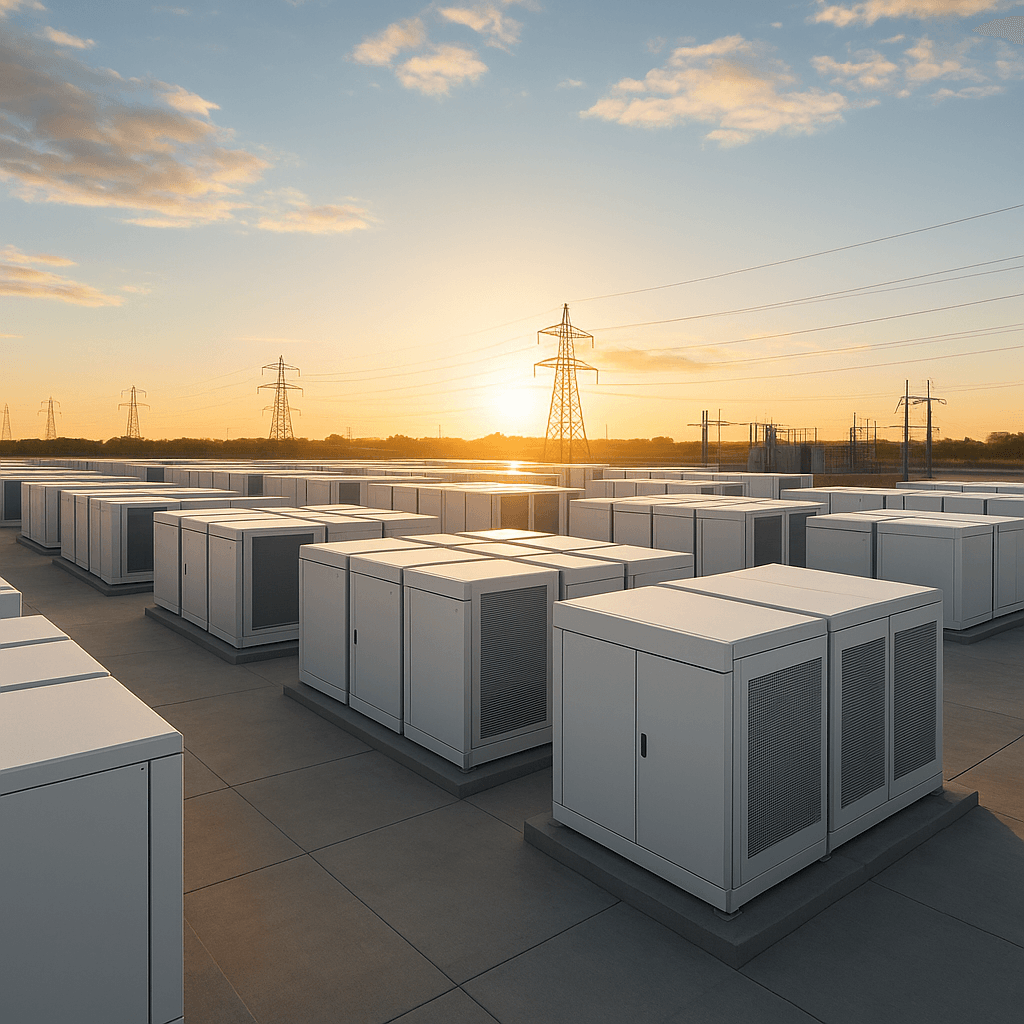The AI race just got a new heavyweight contender from an unexpected corner. Abu Dhabi's Mohamed bin Zayed University of Artificial Intelligence (MBZUAI) launched K2 Think on Tuesday - a reasoning model that matches OpenAI performance with just 32 billion parameters, a fraction of DeepSeek's 671 billion. This isn't just another AI model release; it's the UAE's bold play to break the US-China AI duopoly while diversifying beyond oil dependency.
A scrappy upstart just threw down the gauntlet in Silicon Valley's backyard. The Mohamed bin Zayed University of Artificial Intelligence (MBZUAI) in Abu Dhabi dropped K2 Think today - a reasoning model that's punching way above its weight class. While DeepSeek shocked the world earlier this year with its 671 billion parameter R1 model that could match OpenAI at lower cost, the UAE team just pulled off something even more audacious: matching both giants with just 32 billion parameters. That's like beating Formula 1 cars with a motorcycle. The model was built on Alibaba's open-source Qwen 2.5 foundation and runs on hardware from AI chipmaker Cerebas. But here's where it gets interesting - K2 Think was developed alongside G42, the controversial UAE-based AI firm backed by Microsoft that's been attracting serious Washington scrutiny over its China ties. The technical breakthrough came through what Hector Liu, MBZUAI's director of foundation models, calls a "system approach." Instead of just scaling up parameters like everyone else, his team used long chain-of-thought supervised fine-tuning and test-time scaling - basically teaching the model to think step-by-step while allocating extra computing power during inference. "What was special about our model is we treat it more like a system than just a model," Liu told CNBC. The results speak for themselves: K2 Think matches OpenAI and DeepSeek on key benchmarks including AIME24, HMMT25, and OMNI-Math-HARD for mathematics, plus LiveCodeBenchv5 for coding. This isn't just about bragging rights. The UAE is making a calculated geopolitical play to break into the AI big leagues currently dominated by US tech giants and Chinese labs. The oil-rich nation has been aggressively diversifying its economy, and AI represents a pathway to relevance in the post-carbon world. G42 has become the poster child for this ambition, though not without controversy. Microsoft's investment in the company last year triggered congressional hearings over the firm's historical China connections and potential national security implications. But the UAE isn't alone in this regional AI arms race. Saudi Arabia is building its own full-stack AI capabilities through Humain, a company launched under the Public Investment Fund in May. The competition between Gulf neighbors is heating up as both vie to become the Middle East's AI hub. What makes K2 Think particularly intriguing is its focus. Unlike ChatGPT or other consumer-facing models, this system targets scientific and mathematical applications. Richard Morton, managing director for MBZUAI's Institute of Foundation Models, sees it accelerating research timelines dramatically. "Instead of taking 1,000, 2,000 human beings five years to think through a particular question, or go through a particular set of clinical trials, this vastly condenses that period," Morton explained to . The efficiency gains could be game-changing for regions lacking Silicon Valley's capital and infrastructure. "What we're discovering is that you can do a lot more with less," Morton noted - a philosophy that could democratize advanced AI capabilities globally. The timing couldn't be better. As AI development costs spiral upward and regulatory pressure mounts on both sides of the Pacific, a smaller, more efficient alternative from a neutral player like the UAE could find eager customers. Enterprise clients tired of depending on US or Chinese AI providers might welcome a third option, especially one that promises similar performance at potentially lower costs. Of course, the UAE still faces an uphill battle. and Big Tech have massive head starts with their foundation models, while China has made AI a national strategic priority. The Gulf nation's AI ecosystem remains nascent compared to these established powerhouses. But K2 Think proves that innovation doesn't always require the biggest budgets or parameter counts.











